In my work with clients, I find such similarities in what people with ADHD struggle with day-to-day. “I just can’t seem to focus”, “I can’t motivate myself to start”, “My mind wanders away”, “I am so overwhelmed”, “I lose track of time” and “I just forgot”.
I want to break down some of these commonalities and address that focus, motivation and attention can be improved with organizational systems, but this is only one part of the five main areas that need to be addressed to improve ADHD functioning. 5 parts you say? What are these five fundamentals?
Sleep, nutrition, exercise, a support system, and organizational skills.
Within the context of counselling, I can help clients integrate more adaptive strategies to manage time, motivation, their schedule etc. (which all fall under organization). But before we can get to the higher-level functioning stuff, we need to make sure that the four other conditions are in place so when it comes to integrating organizational skills, you will see a benefit.
Our brains cannot function without ensuring our whole system is being taken care of. In our world today it seems we are fed a narrative that we can just use our brains and find a way out of the place we’re in, which is not true. We need to integrate caring for our bodies at a physiological level, so our brain can do the work it needs to.
Sleep: How many hours of sleep are you getting nightly? Is there a way to maximize this? Ensuring that you are winding down before bed without the negative impacts of blue light (screens), caffeine or other distractions that will make sleep harder is very important. Noticing whether you are using your dopamine window in a functional way is also part of sleep hygiene. If you get a burst of energy or inspiration later in the evening, then try using that window in a productive way for you. If you can shift your sleep window to later in the day to adapt to your natural circadian rhythm, then try it and see how you feel after a few weeks. Not everyone is meant to be an early bird, it’s okay to be a night owl.
Nutrition: ADHD is an impairment of dopamine (needed for motivation and pleasure) and norepinephrine (a stress hormone) production. When your system isn’t naturally producing these two critical neurochemicals, it becomes important to implement foods that can increase amino acids that will then facilitate as much natural production of them. What types of foods have these molecules that produce amino acids needed to build these neurotransmitters?
Protein, protein, protein! When we are burnt out, scattered or in a pinch for time, our brains try to find the easiest thing to satisfy our hunger. Often that ends up being snacks that are high in sugar or carbohydrates. If you can implement one small change into your nutrition, try making your go-to snacks high in protein instead. Hard-boiled eggs, cheese slices, yogurt or trail mix are my go-to packable snacks. If you can buy snacks that are pre-portioned or easy to prepare and take them with you to work/ school, it can make integrating healthier snack options more feasible for your day-to-day life.
Exercise: suggesting exercise can feel like a double-edged sword to some people who have struggled with their body image or disordered eating. I don’t suggest exercise in the context of weight loss, or even setting other bodily-related fitness goals. I suggest re-framing exercise purely for focus goals. Exercise for your brain. Research shows that exercising for 20 minutes a day will increase natural dopamine production, which helps improve focus and attention. I suggest starting small with walking or stretching to see if you can sustain better attention overall. Then build from there if you see improvements.
Supports: Who is on your team? Does your parent, partner or friends understand ADHD and are they able to support you with it? Creating a support system is vital. Your team can span as far as your doctor who monitors your medication. An accountant that takes care of organizing your expenses, so you don’t have to. A trainer at the gym that builds your exercise routine, so you don’t have to. A meal-prep service that prepares your food or sends you the ingredients you need to implement healthy nutrition into your life. A partner who can work with your strengths and help support you in daily living. If you can build a support system to help you manage your “not so favourite” things, it will give you time and energy back to do all the other things you have to (or want to do!)
And finally, organization: After going back and re-adjusting these first four fundamental areas needed for optimal functioning you can begin organizing yourself in a different way. That is where an ADHD-friendly therapist or coach can step in to help you build the executive functioning skills you need (this would also fall under creating a support system). Integrating calendars, goal-setting and strategic planning alongside education on ADHD is part of what I do with clients, and what I want to help teach you to do independent of counselling. Please reach out if you have any questions or are looking for support or additional resources!


